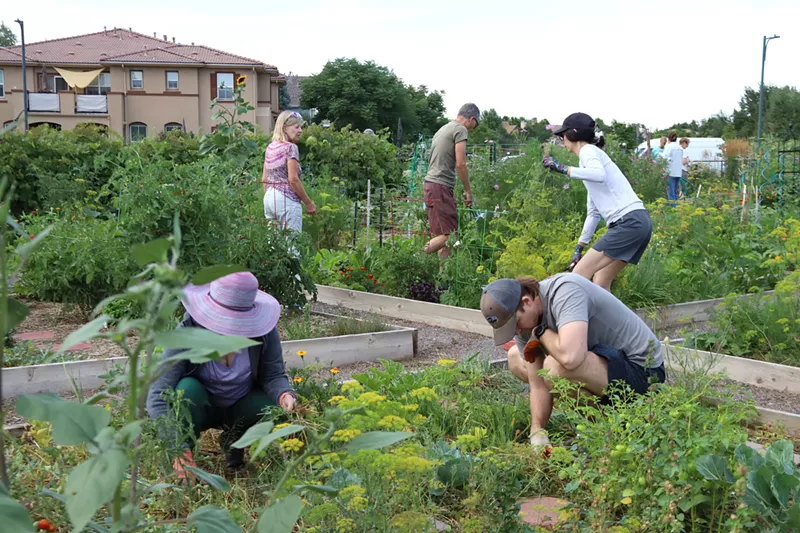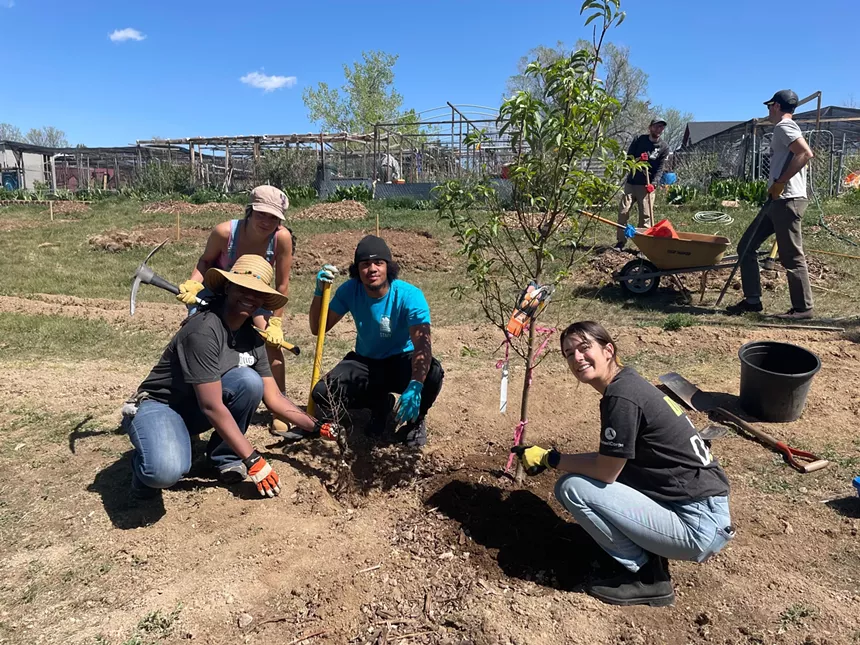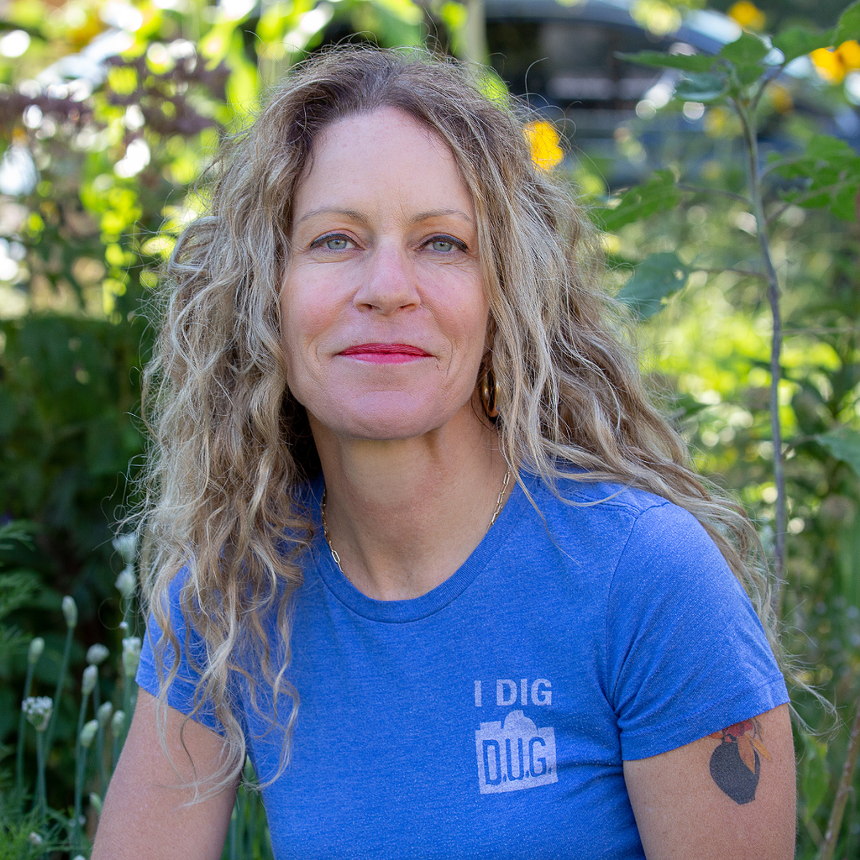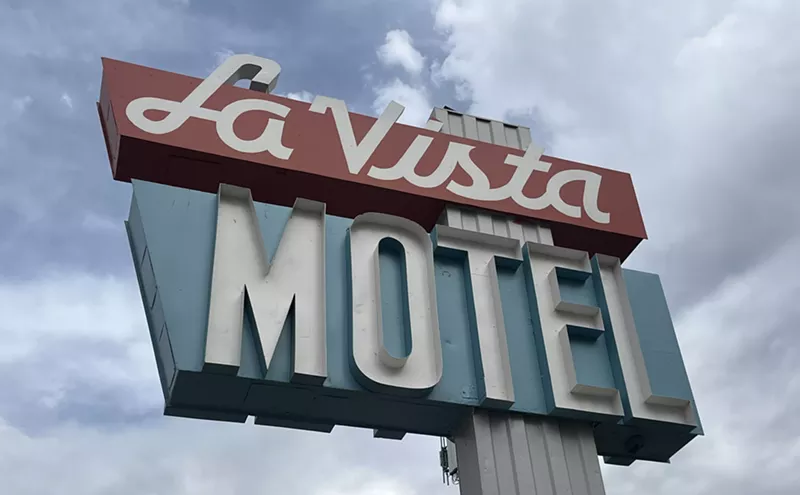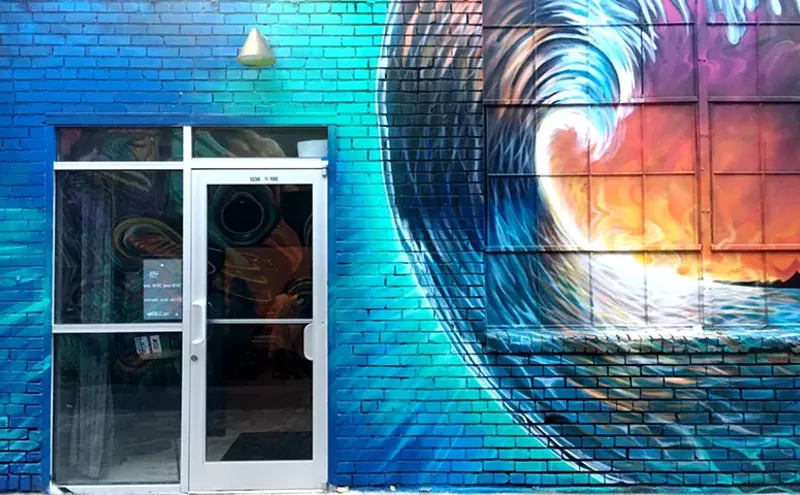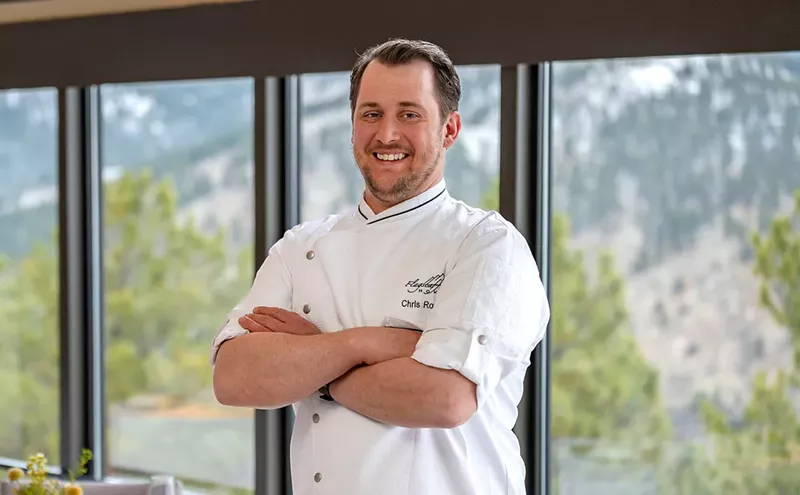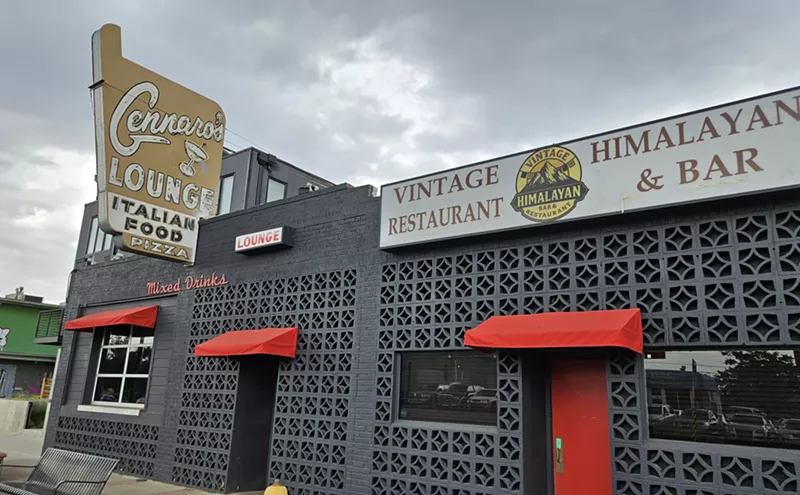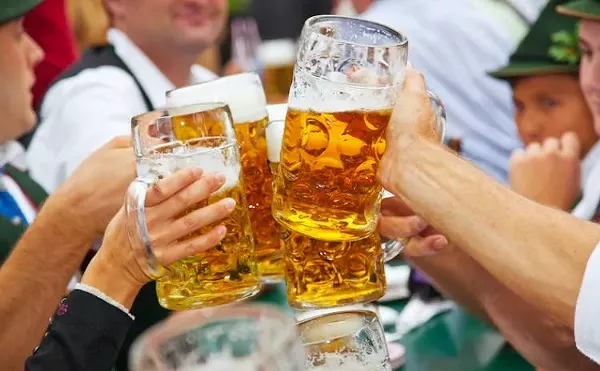If you’ve ever thought about gardening and growing your own food, the time to get started is now.
The world is changing at a dizzying pace, and it can feel as if the earth is shifting beneath our feet. People all around the country, and the world, are justifiably confused and concerned — and in some cases, scared — about everything from political and financial upheaval to the price of food. But we all have agency. You have agency. You can take control of the food you grow and put on your table. And the benefits can be much more wide-ranging than you may think.
Food is one of the, if not the, most fundamental things in our lives. We need food to live. But, just as important, food is about family, community and culture. Food is the throughline of our lives. It provides wellness and joy. It brings people together. It can be nostalgic. Food touches our souls.
Perhaps now more than ever, we need our food to nourish us, literally and figuratively. When things feel out of control, it’s easy to feel as if we have no voice, as if we have no power.
At a time of uncertainty and anxiety, action — in this case, gardening and growing your own food — is a tried-and-true remedy.
Throughout history, in especially difficult times or in the face of seemingly insurmountable challenges, gardening has provided a respite for countless people. The United States, in fact, saw the mass mobilization of gardening with the so-called Victory Gardens, which became a point of pride and, ultimately, a monumental producer of food, during World War II. By 1944, Victory Gardens were producing about eight million tons of food, including roughly 40 percent of all vegetables consumed in the United States.
More recently, we saw the importance of gardening and growing one’s own food during the COVID-19 pandemic, and in 2023 then-U.S. Surgeon General Dr. Vivek Murthy declared an epidemic of loneliness and social isolation in America. Two of the six pillars Murthy identified for growing social connection were to strengthen social infrastructure in local communities and to cultivate a culture of connection. Both community gardens and personal gardens do these things. Gardens get people outside. They bring people together as they, quite literally, get their hands dirty. And they foster an ethos of giving and sharing the fruits of their labor.
Similarly, the climate crisis can be so overwhelming and demoralizing that it’s difficult to feel as if you have the means to make meaningful change. But then you realize that by the simple act of planting your own garden, you can enhance the biodiversity of your block. You realize gardens also help combat the heat island effect and add to the beautification of communities. And you realize that you can reduce your carbon footprint by growing your own food.
Today, we are faced with a different sort of crisis: The economic uncertainty we are facing is unnerving consumers in both red and blue states. From all walks of life. The rising price and diminishing availability of fresh food will impact everyone. It is going to get worse before it gets better. We might not feel it yet, but a period of privation is coming for many of us.
So let’s all learn from the lessons of the distant and not-so-distant past and dig in the dirt, grow our own food and get to know our neighbors along the way. Elegantly simple. Wildly impactful.
I’ve been the executive director of Denver Urban Gardens (DUG) since October 2020, and in this, our fortieth year, we are celebrating the transformative power of our 200 gardens and 24 food forests dotted across metro Denver. But my call to action here is not about getting a community garden plot. DUG — and other organizations like it — can be, and is, a catalyst. We offer classes. We offer seeds. We offer trees. But we cannot do this on our own. This is an invitation.
Which brings us back to the idea of agency — the idea of taking responsibility for feeding yourself, your family and, perhaps, members of your community. If you don’t have a community garden plot, start a garden in your backyard (or your front yard!). If you don’t have a yard, grow a tomato plant or herbs in a pot on your windowsill.
The results will surprise you. Yes, those tomatoes will taste delicious, but scratch below the surface and you’ll find add-on benefits of gardening and growing your own food. You’ll discover the miracle that is a seed, from which unimaginable deliciousness and nutritiousness springs forth. You’ll form a deeper connection to your community as you share your bounty and socialize at potlucks. You’ll reap the scientifically proven benefits to your mental and physical health from digging in the dirt. And you will positively impact the environment by reducing your carbon footprint, conserving water, and composting food scraps.
We live in a time of great change. But amidst all that change — some might say chaos — the work we do growing food in our gardens and our communities has not, and will not, change. It is eternal. Solid. Grounding. Nourishing. Unifying. This is the work that sustains us — our bellies, hearts and minds.
Linda Appel Lipsius is the executive director of Denver Urban Gardens, one of the largest independent networks of food-producing gardens in the country. She co-founded the award-winning company Teatulia Organic Teas and is a frequent public speaker on topics ranging from entrepreneurship and storytelling to regenerative agriculture and permaculture.
On weekends, Westword.com publishes commentaries on matters of interest to the community; the opinions are those of the authors, not Westword. Have one you'd like to submit? Send it to [email protected], where you can also comment on this piece.

Audio By Carbonatix
[
{
"name": "GPT - Billboard - Slot Inline - Content - Labeled - No Desktop",
"component": "23668565",
"insertPoint": "2",
"requiredCountToDisplay": "2"
},{
"name": "STN Player - Float - Mobile Only ",
"component": "23853568",
"insertPoint": "2",
"requiredCountToDisplay": "2"
},{
"name": "Editor Picks",
"component": "17242653",
"insertPoint": "4",
"requiredCountToDisplay": "1"
},{
"name": "Inline Links",
"component": "18838239",
"insertPoint": "8th",
"startingPoint": 8,
"requiredCountToDisplay": "7",
"maxInsertions": 25
},{
"name": "GPT - 2x Rectangles Desktop, Tower on Mobile - Labeled",
"component": "24956856",
"insertPoint": "8th",
"startingPoint": 8,
"requiredCountToDisplay": "7",
"maxInsertions": 25
},{
"name": "Inline Links",
"component": "18838239",
"insertPoint": "8th",
"startingPoint": 12,
"requiredCountToDisplay": "11",
"maxInsertions": 25
},{
"name": "GPT - Leaderboard to Tower - Slot Auto-select - Labeled",
"component": "17676724",
"insertPoint": "8th",
"startingPoint": 12,
"requiredCountToDisplay": "11",
"maxInsertions": 25
}
]

